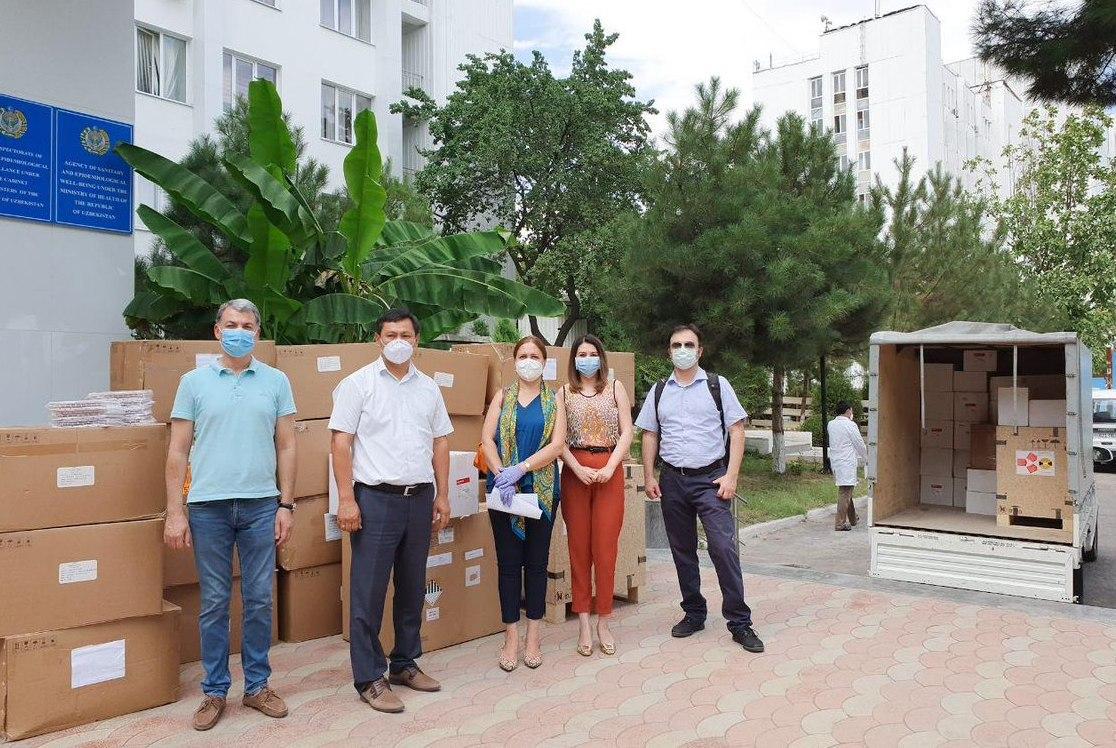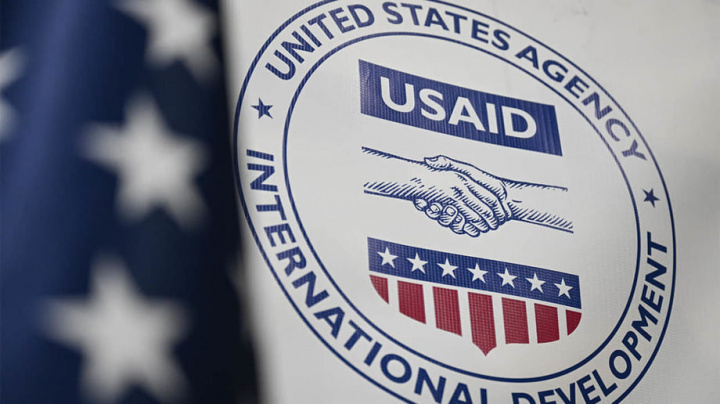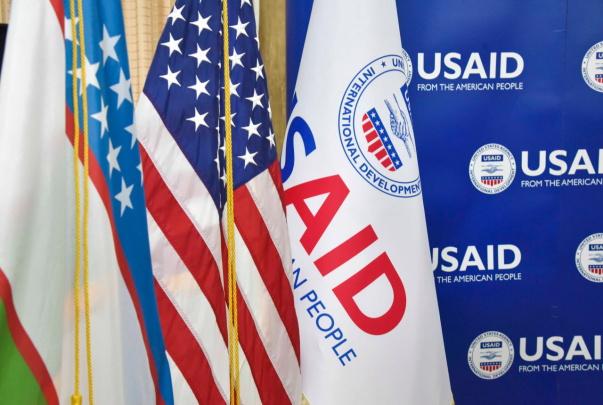U.S. donates $902,000 worth of laboratory equipment and supplies to Uzbekistan
On July 28, the United States Centers for Disease Control and Prevention (CDC) donated $902,000 worth of medical and laboratory equipment and supplies to Uzbekistan’s Ministry of Health.

The donated items will allow the country to conduct 25,000 COVID-19 tests, using advanced Polymerase Chain Reaction (PCR) equipment. This technology detects the presence of viral DNA, which is present in the body before a person is symptomatic, enabling public health authorities to isolate the patient very early and break the chain of transmission, vital to ending the pandemic.
“The COVID-19 pandemic is our common foe and common responsibility. This latest assistance builds on the U.S. Government’s long-standing commitment to help Uzbekistan better respond to public health threats. This partnership started long before the current epidemic and will continue after it is over,” stated Charge d’Affaires a.i. Alan Meltzer.
The latest donation was part of $2.07 million pledged by CDC to support the Ministry of Health in its COVID-19 response. During the outbreak, CDC has offered Uzbekistan assistance in other critical areas as well, including support in establishing a public health emergency operations center, improving health screening at ports of entry, providing online consultations in clinical and laboratory surveillance, data management, and contact tracing.
The U.S. Government, through the US Agency for International Development (USAID), has provided an additional nearly $4.2 million in medical, laboratory, and technical assistance to fight COVID-19, making for a total U.S. contribution to Uzbekistan’s efforts to fight COVID-19 of over $6 million to date.
CDC has a long history of collaboration with governments in Central Asia on public health issues. The US public health agency opened its first office in Almaty in 1995 and today has offices in Kazakhstan, Kyrgyzstan, Uzbekistan, and Tajikistan. CDC works with each Ministry of Health to strengthen local laboratory, disease surveillance, and workforce capacity so that the countries can better prevent, detect and respond to disease outbreaks.
Related News

13:25 / 26.03.2025
U.S. Labor Department cuts $38 million in foreign aid, including Uzbekistan projects

11:19 / 11.03.2025
U.S. to shut down majority of USAID programs after review

18:46 / 16.09.2024
USAID offers grants up to $100,000 for inclusive business projects in Uzbekistan

14:09 / 06.03.2024




